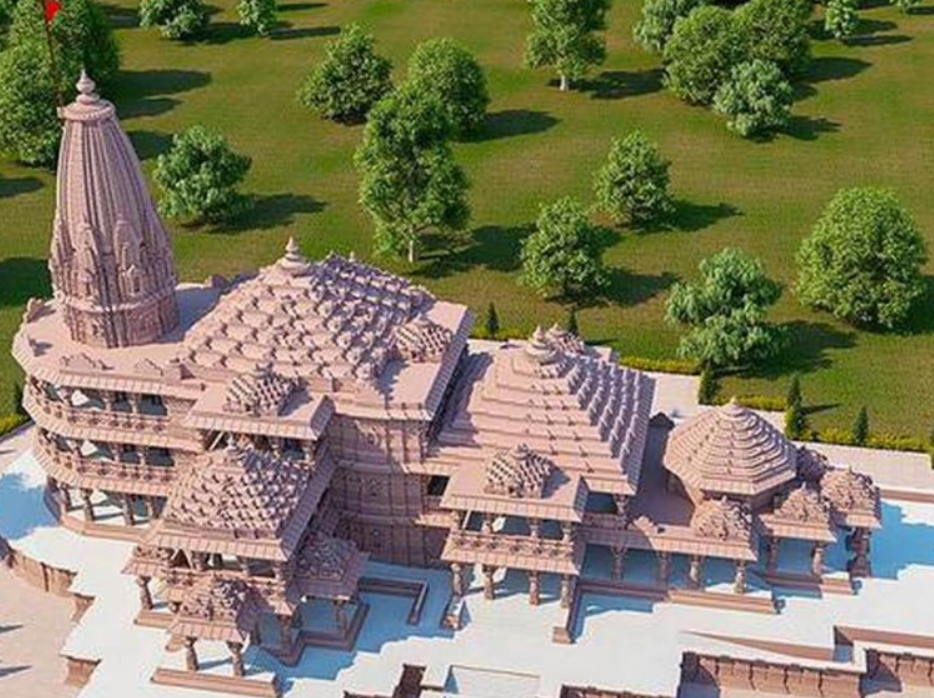Blog Credit: Trupti Thakur
Image Courtesy: Google
“Ram Rajya” Ideal Revived For New Ayodhya Era
As PM Modi prepares to inaugurate Ayodhya’s new Ram temple in 4 the phase “Ram Rajya” has reemerged in political discourse regarding the ideal qualities of Indian democracy originally inspired by Lord Ram’s reign and woven into the Constitution.
The term “Ram Rajya” refers to a model state representing justice and prosperity under the rule of Lord Ram when he returned to Ayodhya from exile after 14 years. It exemplifies ethical governance guided by dharma.
According to Diverse Interpretations
However, “Ram Rajya” holds varied meanings for different groups and individuals. While invoked by some to highlight principles of equality and welfare, others allege the rhetoric promotes majoritarianism hostile to minorities. Debates center on whether Ram Rajya reflects pluralism or a Hindu nationalist agenda.
Gandhi’s Vision of Inclusive Ram Rajya
Mahatma Gandhi interpreted Ram Rajya as respecting all faiths equally in a democracy guided by moral courage, not specifically favoring Hindus. He saw Lord Ram as embodying universal virtues cutting across different religions. This view aligned with his interfaith alliance building against British rule.
Political Use of Religious Symbolism
Gandhi fused religion and politics in campaigns by adopting symbols meaningful to different conviction groups to build collaborative movements, though his aim was promoting constitutional equality amidst India’s diversity, not Hindu dominance.
Critiques of Present Appropriation
Critics argue that while Gandhi advanced Ram Rajya as representing tolerance, contemporary political invocations have subverted its core values by using religious rhetoric to polarize communities and target minority groups instead of upholding justice.
Risks to Pluralism and Social Cohesion
In an increasingly charged environment, analysts warn that wielding faith-based terminologies for political objectives may undermine foundational principles of inclusiveness and secularism, engendering extremism and endangering harmony.
Upholding Constitutional Safeguards
As religious identities gain greater political spotlight, observers emphasize implementing constitutional safeguards around equality, non-discrimination and minority rights to preserve Gandhi’s vision of unity in diversity through a Ram Rajya exemplifying empathy and compassion towards all.
Reaffirming Commitment to Secularism
With Ayodhya’s revival as an emblem of Hindu aspirations, some contend the moment warrants reaffirming India’s secular foundations and resolve to prevent politicization of religions to maintain national unity, social stability and economic development.
Ayodhya Ram Temple: Bonding or Dividing?
As Modi inaugurates Ayodhya’s landmark temple founded upon faith in Ram’s virtues, analysts contend its long-term impact will depend substantially on whether symbolism promotes shared national pride in India’s heritage across communities or mainly galvanizes Hindu nationalist objectives that risk alienating minority groups further. Only an inclusive Ram Rajya fulfills Gandhi’s hopes.
Blog By: Trupti Thakur

22
Jan“Ram Rajya” Ideal Revived for New Ayodhya Era
Jan 22, 2024Recent Blog
The EntraID Data ProtectionMay 10, 2025
The MAHA-EVMay 07, 2025
The Project Milestone of ITERMay 06, 2025
NeuraLink’s Speech Restoration TechnologyMay 05, 2025
The Mini Reasoning Model O3 And O4May 01, 2025




